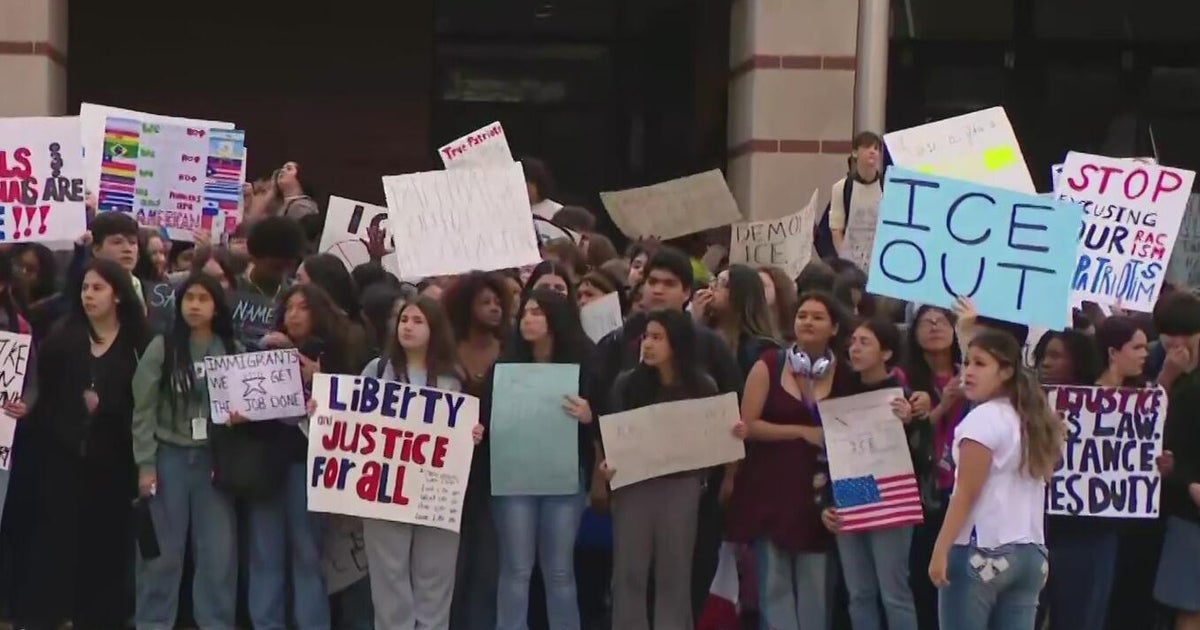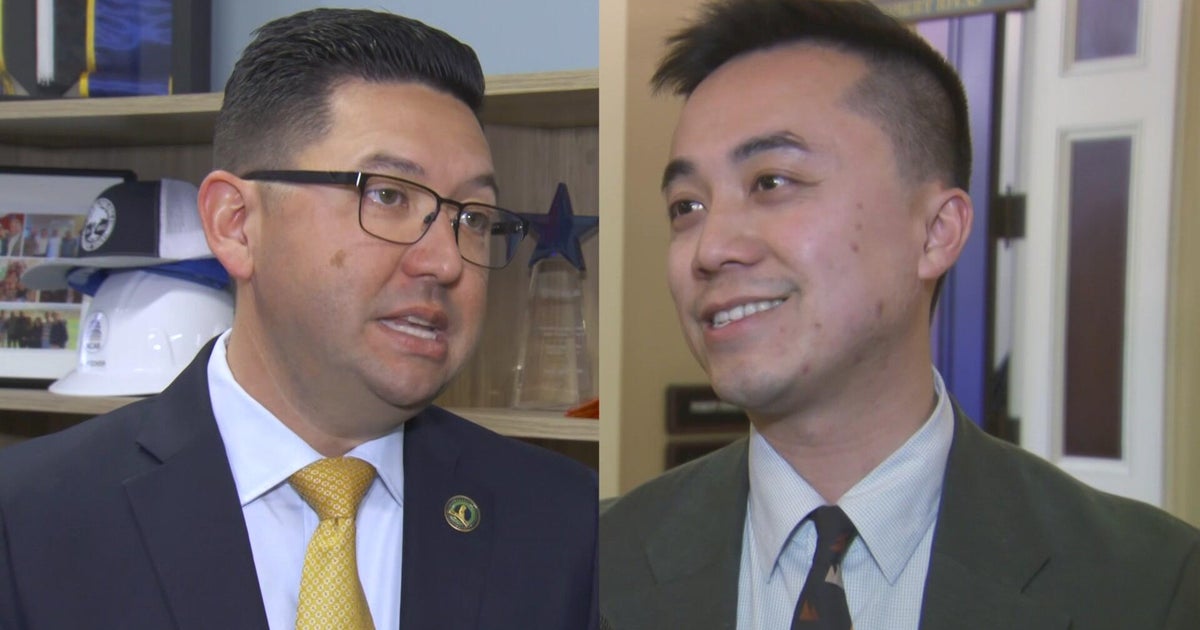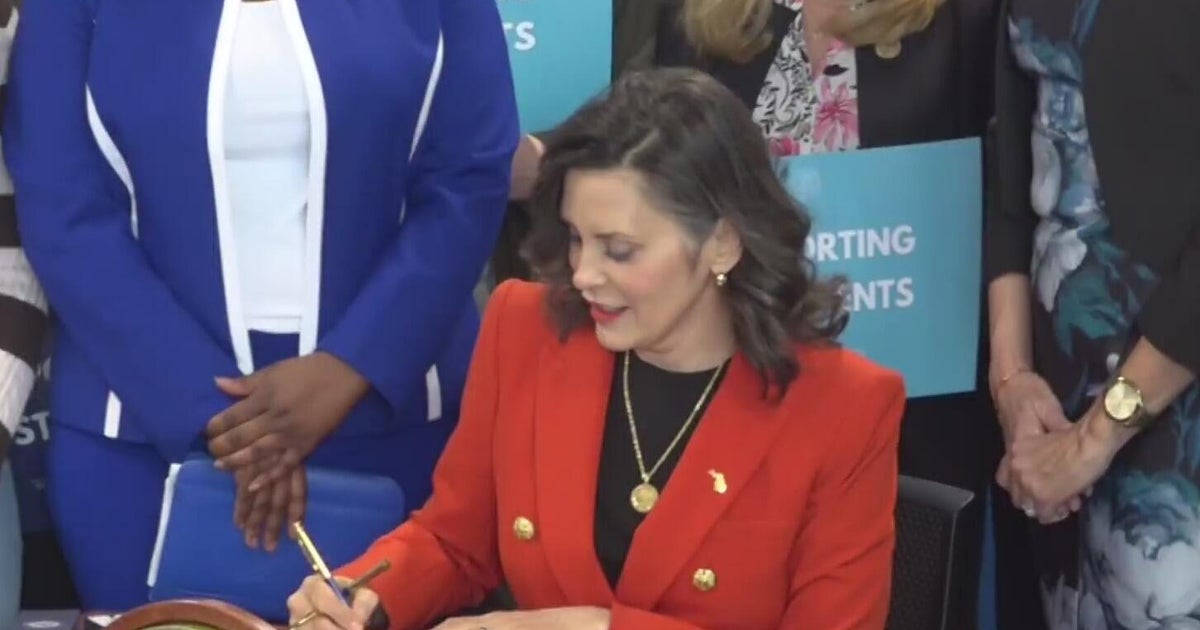Texas Heartbeat Bill Heads To Governor Abbott
AUSTIN, Texas (CBSFW.COM) - As the Texas legislative session nears an end, the House and Senate have approved a bill that would ban most abortions after a fetal heartbeat is detected.
SB 8, the Texas Heartbeat Act, will now head to Governor Greg Abbott for his signature.
Jonathan Saenz of Texas Values said he's pleased the Governor has said he will sign it.
"It is very encouraging that with the Texas Heartbeat Bill, you've seen Republicans and Democrats come together on this issue with bipartisan support. If a heartbeat is detected, human life should be protected."
Under current law, most abortions are banned after 20 weeks of pregnancy.
While the new legislation does not specify a certain time period, abortion rights groups have said the procedure would be banned after six weeks.
It would exempt medical emergencies.
Aimee Arrambide, Executive Director at Avow Texas, an abortion-rights group rejected the legislation.
"This is one of the most egregious bills across the country. It would ban abortion before most people even know they're pregnant. It's clearly unconstitutional. So we're incredibly disappointed that Governor Abbott, and the majority of the Texas legislature would pass and sign this bill," she said.
Arrambide said she expects legal challenges after the Governor signs the bill into law.
SMU Constitutional Law Professor Dale Carpenter said he believes the bill is unconstitutional under Roe vs. Wade from 1973 and under Casey vs. Planned Parenthood from 1992.
"It said the state's interest in protecting potential life becomes compelling only at the point of viability," said Professor Carpenter.
Arrambide said the point of viability comes at around 23 or 24 weeks.
Heartbeat bills have been passed in about a dozen other states.
But what makes the Texas legislation different, is that it doesn't allow a state or local government entity to enforce this measure.
Instead, it allows private citizens to sue abortion providers, but not the mothers.
Arrambide said, "It's going to tie up the courts, and especially embolden anti-abortion zealots to basically Sue organizations, providers, abortion funds out of existence, tying them up in litigation."
Saenz said he believes the new provisions will hold up in court.
"There's two reasons why the Texas heartbeat law and the way it's written makes it very difficult, if not impossible for the people that usually try to strike these laws down holding them unconstitutional, because the government is not the one enforcing it. So you don't have a constitutional violation," said Saenz.
Professor Carpenter disagreed.
"The Supreme Court has been very clear in a range of constitutional decisions that the government cannot make civil liability rules available for use by private citizens in a way that would violate the constitutional rights of other citizens," he said.
The Supreme Court has recently grown more conservative, which encourages abortion opponents and concerns abortion rights advocates.
On Monday, May 17, the Justices agreed to hear a case involving Mississippi's law banning abortions after 15 weeks of pregnancy.
Carpenter said while Justices haven't reversed Roe vs. Wade, they have recently agreed to more abortion regulations.







